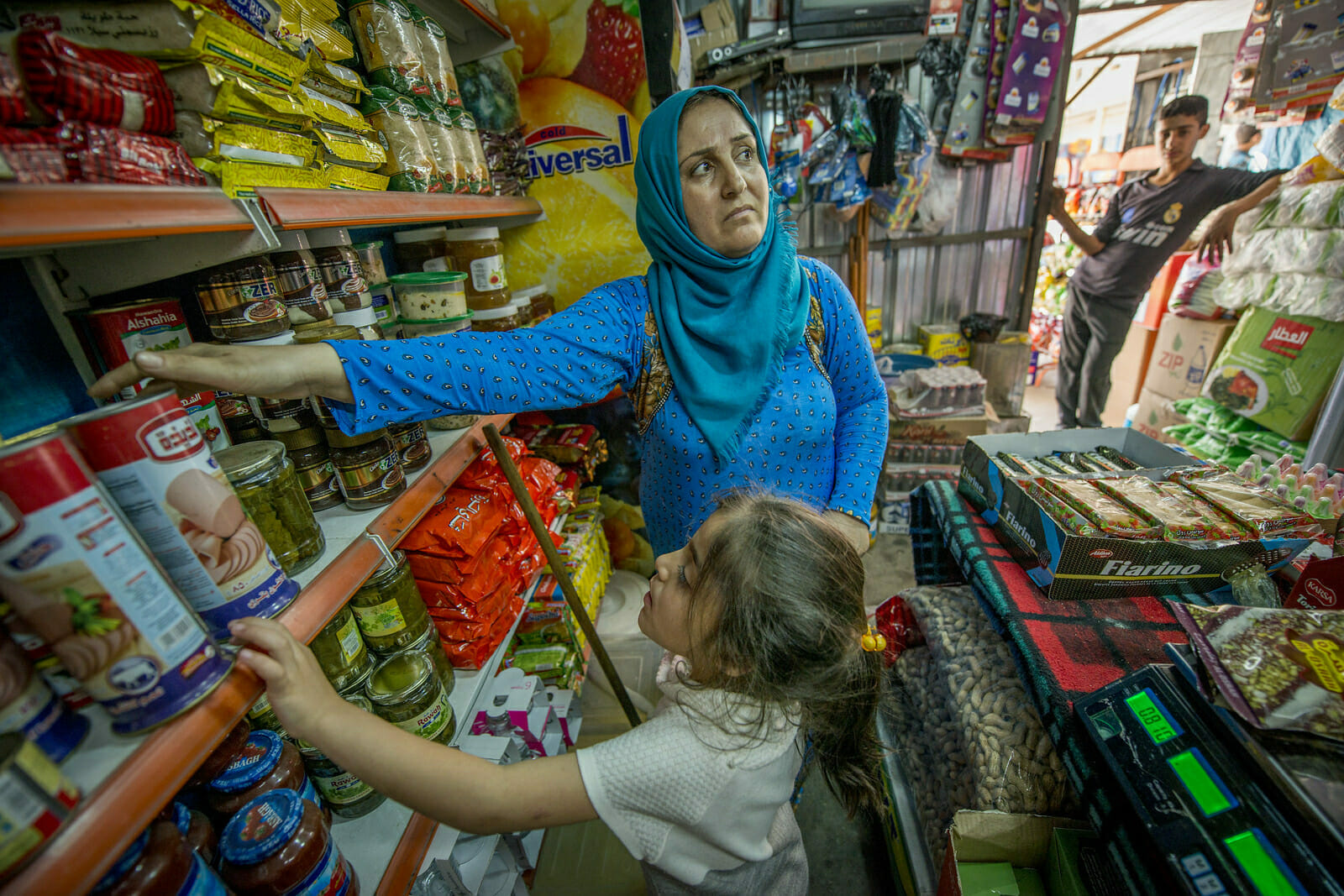
How Corruption is Impeding Foreign Investment in Iraq
As Iraqis once again take to the streets to protest the country’s inefficient and corrupt political system, many are asking themselves if there really is an end to the cycle of graft and violence that has ruled the country for decades. High-level corruption works against almost all social categories, from ordinary people to journalists and from democracy activists to foreign investors, while bringing advantages to a single category: the political elites.
The general situation, with the longstanding Korek scandal in the Kurdistan Region in particular, is putting off foreign companies from investing in Iraq, even as the country desperately needs a steady influx of cash and jobs in order to stabilize.
Chronic corruption
A recent Chatham House report describes Iraq’s governance as “politically sanctioned corruption,” drawing attention to the manner in which the ailing country is being run. The people of Iraq are less concerned with everyday corruption, such as paying small bribes, than they are with the corruption that can be found at an elite, collective level. Virtually the entire political class engages in a conspiracy to share power and wealth through decisions that benefit them as a whole, to the detriment of ordinary citizens and businesses.
The situation remained largely unchanged even after technocrat governments, unaffiliated with any political party, came to power in 2016. The only difference is that the pole of power only shifted further down, from heads of governments to senior civil servants. Thousands of “special grade” employees who are deeply entrenched in the country’s bureaucracy act as direct proxies for political parties, making sure that their true employers benefit from the state contracts signed by the different ministries.
This wholesale defrauding of the Iraqi state has led to tragedy, with several deadly hospital fires taking place in COVID wards, pushing people to take to the streets in anger. Protests have also erupted in the southern city of Basra, where demonstrators blocked highways and burned tires in objection to the frequent power cuts that are plaguing the city. Soaring temperatures has made the lack of electricity a dangerous situation.
The slipping mask
No part of the country is safe from the spectre of corruption. Iraqi Kurdistan, which has achieved a certain amount of autonomy following the 1991 Gulf War, has sometimes been depicted in the Western media as a haven of democracy and good governance in an increasingly unstable Iraq. But as troubling reports of corruption and authoritarianism emerge with increased frequency, that image is beginning to crack.
The most recent and egregious injustice is the case of the so-called “Duhok Five,” a group of journalists and activists that have been used as scapegoats by the government ever since their arrest during protests last year. They were accused, with virtually no evidence, of plotting to violently overthrow the government as part of a group named Harakat al-Mustaqbal (Future Movement), which nobody seems to have even heard of. Their plight culminated in February of this year when they were sentenced to six years in prison, sparking outrage from human rights groups and foreign dignitaries. Any pretense of a fair trial for the Duhok Five was dispelled when Kurdish Prime Minister Masrour Barzani intervened just one day before the proceedings, branding the group as “foreign spies.”
Under the strong grip on power of the Barzani family, the autonomous region has seen increased authoritarianism, with freedom press groups such as the Committee to Protect Journalists describing the situation as “a new low for press freedom in Iraqi Kurdistan” and decrying the political pressure put on the courts.
Agility saga
But perhaps the most audacious abuse that has taken place in the Kurdistan Region under the control of the Barzani family is the Agility scandal, which has sent shivers through the spines of many would-be investors.
A decade ago, French telecom company Orange announced a partnership with Kuwaiti-based logistics company Agility to acquire a 44% stake in Korek Telecom, a mobile company operating in Iraqi Kurdistan. But only a few years later, the Iraqi Communications and Media Commission (CMC) decided to render the transaction null and void and to require reinstatement of the status quo prior to the transaction, essentially expropriating the almost $400 million investment of Orange and Agility.
The CMC vaguely explained its decision by claiming that Korek has not met conditions related to improving its services and expanding coverage, but there is little doubt that the move was meant to line the pockets of the people in the government. The foreign investors sued the Iraqi state in a local court, but the CMC’s decision was upheld by a judge who was later convicted for corruption. Shockingly, the same thing happened when Orange and Agility presented their case in front of the International Centre for Settlement of Investment Disputes (ICSID), an international organism associated with the World Bank.
In one fell swoop, the Iraqi leadership managed to completely demolish any semblance of credibility the region held for foreign investors. The outrageous manner in which the state decided to appropriate foreign investment has deprived not only those two foreign companies, but the Iraqi people, who must now live in a country that has become a pariah of international investment.

